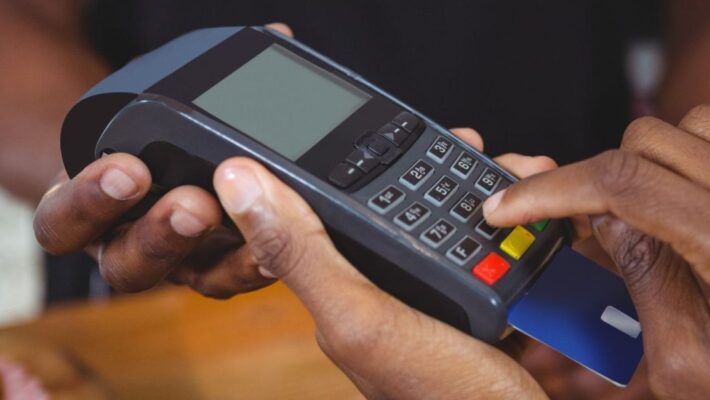Point-of-Sale (POS) terminal operators increased their charges on Monday in line with the Federal Inland Revenue Service’s (FIRS) implementation of the Electronic Money Transfer Levy (EMTL) of N50 on any electronic transaction of N10,000 or more.
Several fintech platforms notified their customers on Sunday about the new levy, which will be collected and remitted to the FIRS, in accordance with the Federal Government’s Stamp Duty Act. Moniepoint, for example, sent out a notification stating: “In compliance with the Federal Government Stamp Duty Act, you will be charged an Electronic Money Transfer Levy of N50 on any electronic inflow of N10,000 or more, which is remitted directly to the FIRS.”
The levy, which applies to mobile money, internet banking, and other electronic transfers, is part of a broader tax reform introduced by the Finance Act of 2020. According to PalmPay, the levy applies to transfers of N10,000 or more, starting from November 30th, 2024. PalmPay clarified that it does not benefit from the levy, as it is directly remitted to the federal government, while continuing to offer free transfers to any bank account.
OPay also informed customers that the EMTL will apply starting December 1st, 2024.
The introduction of the N50 levy has drawn concerns from POS operators and customers. Kazeem Adewale, a POS operator in Ogun State, said he had been struggling to explain the reasons for the charge hikes to frustrated customers. “Customers think I am trying to cheat them, but we are all forced to raise our charges due to this levy,” he said.
In Ondo state, POS operators like Mrs. Helen Faniran revealed they would raise their charges to account for the added costs. “Instead of the usual N300 for N10,000, some are now charging N400,” she explained.
Customers have also raised their voices in protest, with many expressing frustration on social media. One X user, Sam Addai, criticized the levy, calling it “one of the most obnoxious taxes,” while others accused the government of “punishing” citizens for using digital money transfers.
The government’s decision to revive the Electronic Money Transfer Levy has sparked an outcry, with critics saying it may stifle the growth of the fintech sector. Marcel Okeke, former Chief Economist at Zenith Bank, warned that the levy could inadvertently discourage the use of digital transaction services and negatively affect the economy, particularly fintech companies that have seen rapid growth in recent years.
As the government proceeds with the levy, operators and consumers alike are calling for clearer communication and a fairer approach to taxation, as the debate over the impact of the EMTL continues to intensify.

